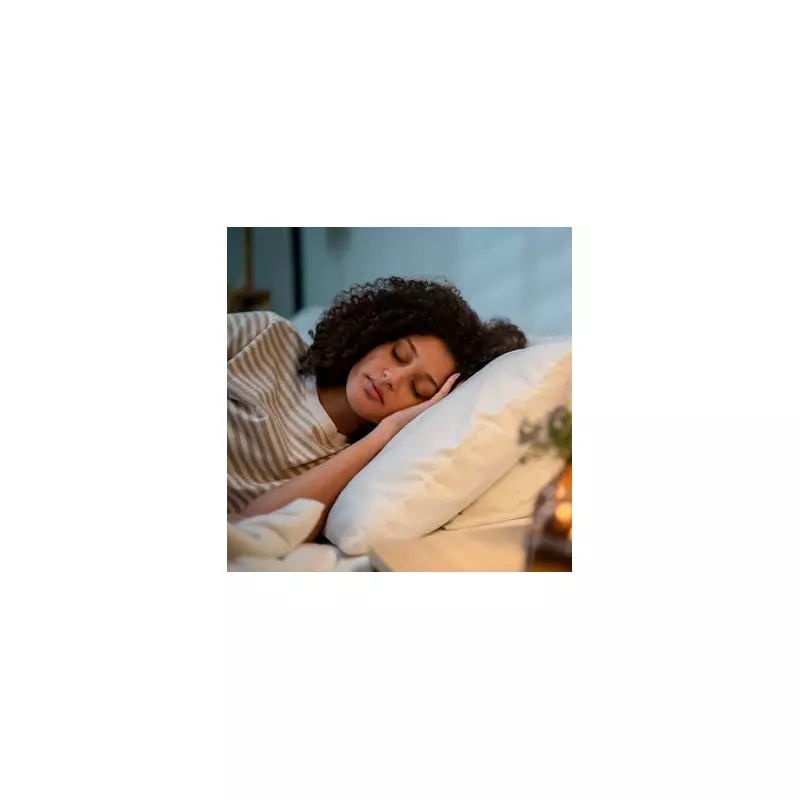
Struggling to get a good night's sleep? An NHS doctor has revealed a remarkably simple and cost-effective solution that could change how millions of Britons approach their bedtime routine.
Dr Hana Patel, an NHS GP with extensive experience in sleep disorders, has shared what she describes as a "game-changing" method that costs just pennies but could deliver significant improvements in sleep quality.
The Two-Pence Wonder Ingredient
According to Dr Patel, the secret lies in something most of us already have in our kitchen cupboards: ordinary table salt. Yes, that humble ingredient costing around 2p per teaspoon might hold the key to better sleep.
"Before you go to bed, take a small amount of salt - about a quarter of a teaspoon - and place it on your tongue," Dr Patel explains. "Let it dissolve naturally, then follow with a glass of water."
Why This Simple Method Works
The science behind this method is fascinating. Dr Patel points to research suggesting that salt helps to:
- Balance stress hormones by supporting adrenal function
- Reduce cortisol levels that can keep you awake
- Stabilise blood sugar throughout the night
- Support hydration at a cellular level
"Many people don't realise that proper mineral balance is crucial for sleep regulation," Dr Patel notes. "When we're deficient in essential minerals like sodium, it can disrupt our natural sleep-wake cycle."
A Natural Alternative To Sleeping Pills
With prescription sleeping medications often coming with side effects and dependency risks, this natural approach offers a compelling alternative. Dr Patel emphasises that while it might not work for everyone, it's certainly worth trying given its safety profile and minimal cost.
"I've had patients who've struggled with insomnia for years report significant improvements after trying this method," she shares. "The beauty is that it's completely natural, costs virtually nothing, and has no known side effects when used appropriately."
Important Considerations
Dr Patel does offer some important caveats:
- This should not replace medical advice for diagnosed sleep disorders
- People with high blood pressure or salt-sensitive conditions should consult their GP first
- It's not a substitute for good sleep hygiene practices
- If sleep problems persist, professional medical advice should be sought
As sleep deprivation continues to be a significant public health issue in the UK, with millions affected by poor sleep quality, such simple, accessible solutions could make a substantial difference to the nation's wellbeing and productivity.




